Re: Have Star Trek Writers Ever Tried to Create an Unlikable Character
To briefly relate this back to Star Trek, I wonder if there's not a sort of passive stereotyping at work when dealing with all of its aliens, as a consequence of the shorthand techniques of storytelling. We think of Vulcans, Cardassians, Ferengi, etc., is broad strokes, in a way that might even be considered racist if applied to Latinos, Jews, gays, etc.
And the individuals whom we've gotten to know closely from those races are generally depicted to reinforce those stereotypes--Spock, Quark, etc. Even Worf, raised by humans, remains largely (though not exclusively) Klingon in his personality traits. I think Odo is probably the only one I can recall at the moment who doesn't follow this pattern.
While some of that could be ascribed to general culture rather than race, I'm not sure that really explains all of it.
Would you say that even the Trek literature that focuses on other races primarily falls prey to that or not?
I have found at least in
my personal observation that certain cultures seem to show more evidence of diversity even if they're minorities in some cases...and interestingly enough, they're the good guys. Of all Trek races, I would say the Bajorans got the most delving-into as far as their views, attitudes, and the actions they were and weren't willing to take. You still had that overarching religious influence, but when you looked at the degrees of seriousness with which people actually
lived by those principles, it became very clear that Bajor was no monolithic bloc of opinion.
As for the Vulcans, I did see more diversity start to appear in Enterprise, and for all the bashing I see of that series, I think that was a very
good move on their part.
Where I haven't seen as much diversity aside from little drips and drabs here and there has been with antagonist/contrast races. With the Klingons you mainly had the warrior caste--different levels of dedication to honor, but generally all portrayed as highly ritualistic Vikings. With the Romulans...there generally wasn't a lot of development on-air, so just a lot of emphasis on the "sneakiness" aspect. The same goes for Kazons, Changelings (excepting Odo), and quite a number of other adversary races. (I except the Borg, Jem'Hadar, and Vorta because the genetic engineering/technological enhancements provide acceptable explanations.)
Where I personally think they got closest to REALLY rounding out an adversary race was--ironically, considering the term that started this aspect of the discussion--was with the Cardassians. I think there was potential for this all the way back to "The Wounded," where right off the bat the three characters all exhibit
very different personalities and reactions to the situation they were in. Now, the "Orwellian society" angle went a long way towards defining what Cardassia was, as we got to know them--but there definitely started to be some cracks in that early on with people like Joret Dal, Natima Lang, and Tekeny Ghemor. Though it started as a trickle, I think this really went a long way towards Season 7, which to my mind took everything anybody thought they could make a blanket judgment on and tossed it right out the window with what then seemed to be at least
half of the Cardassians from then on out.


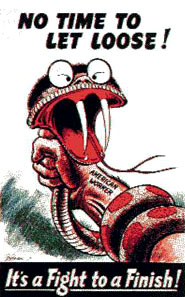
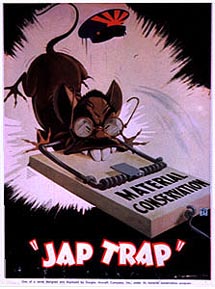
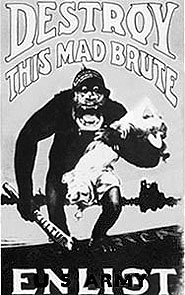
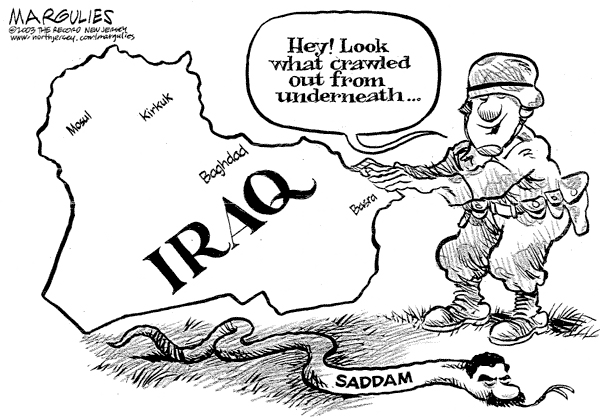
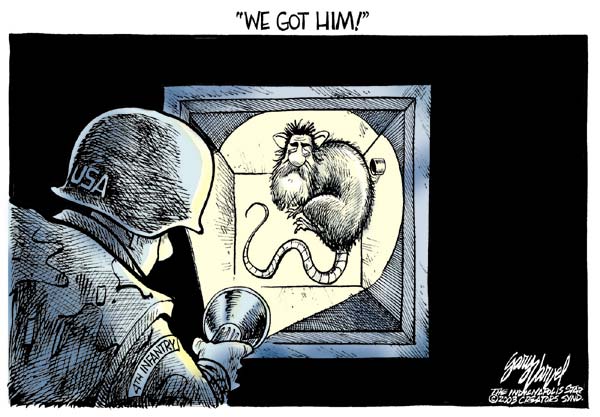
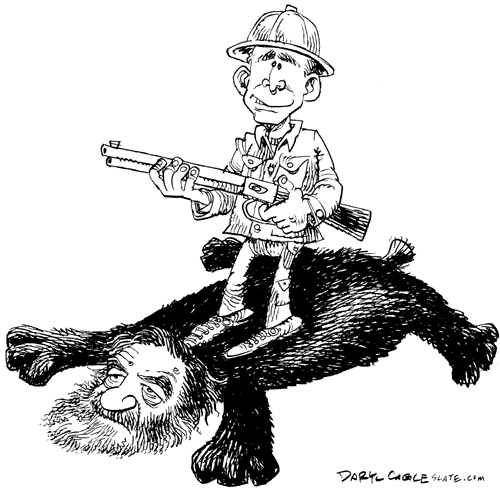
 But yeah, it always kind of bugged me about Worf, the fact that his personality was defined on the basis of his genetics rather than the culture in which he was raised. It ameliorated it somewhat when they revealed that Worf wasn't really that much like other Klingons, but more like an inaccurate image of Klingons that he'd built for himself. Still, it would've been nice to see an "alien" character raised by humans and having a human cultural identity as a result -- or vice-versa, a human who identified with an alien culture. The closest we got to the latter was Stefan DeSeve, and he was defined as a traitor for "going native" among the Romulans.
But yeah, it always kind of bugged me about Worf, the fact that his personality was defined on the basis of his genetics rather than the culture in which he was raised. It ameliorated it somewhat when they revealed that Worf wasn't really that much like other Klingons, but more like an inaccurate image of Klingons that he'd built for himself. Still, it would've been nice to see an "alien" character raised by humans and having a human cultural identity as a result -- or vice-versa, a human who identified with an alien culture. The closest we got to the latter was Stefan DeSeve, and he was defined as a traitor for "going native" among the Romulans.